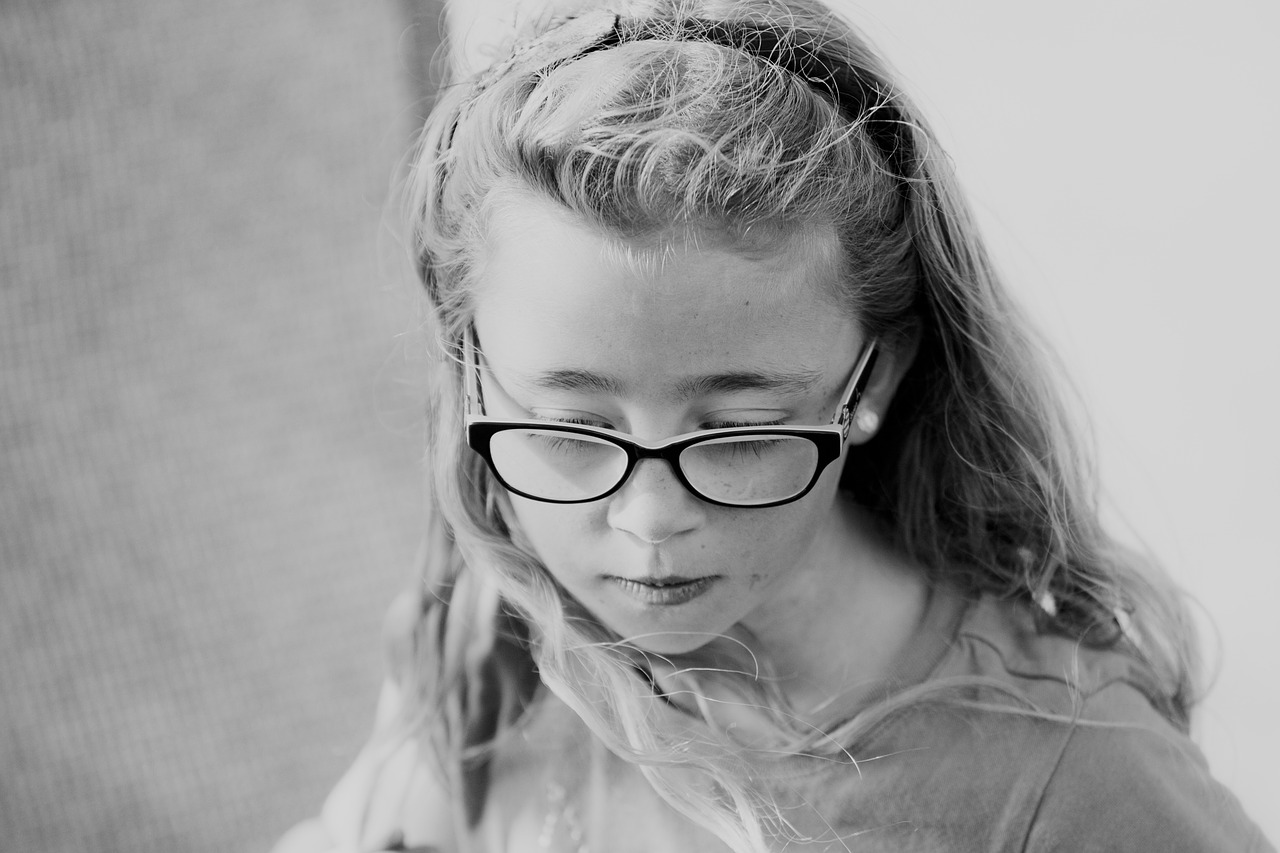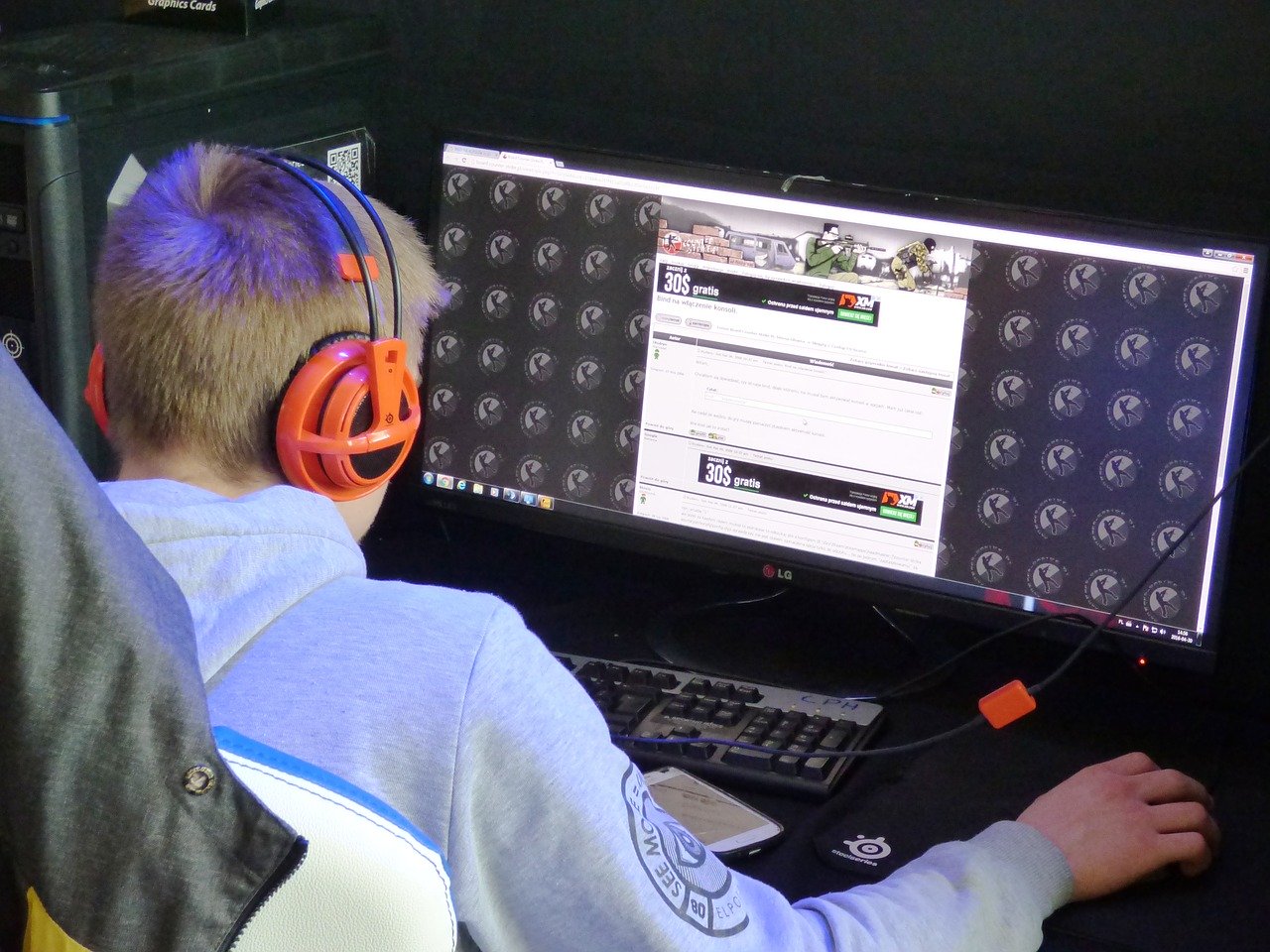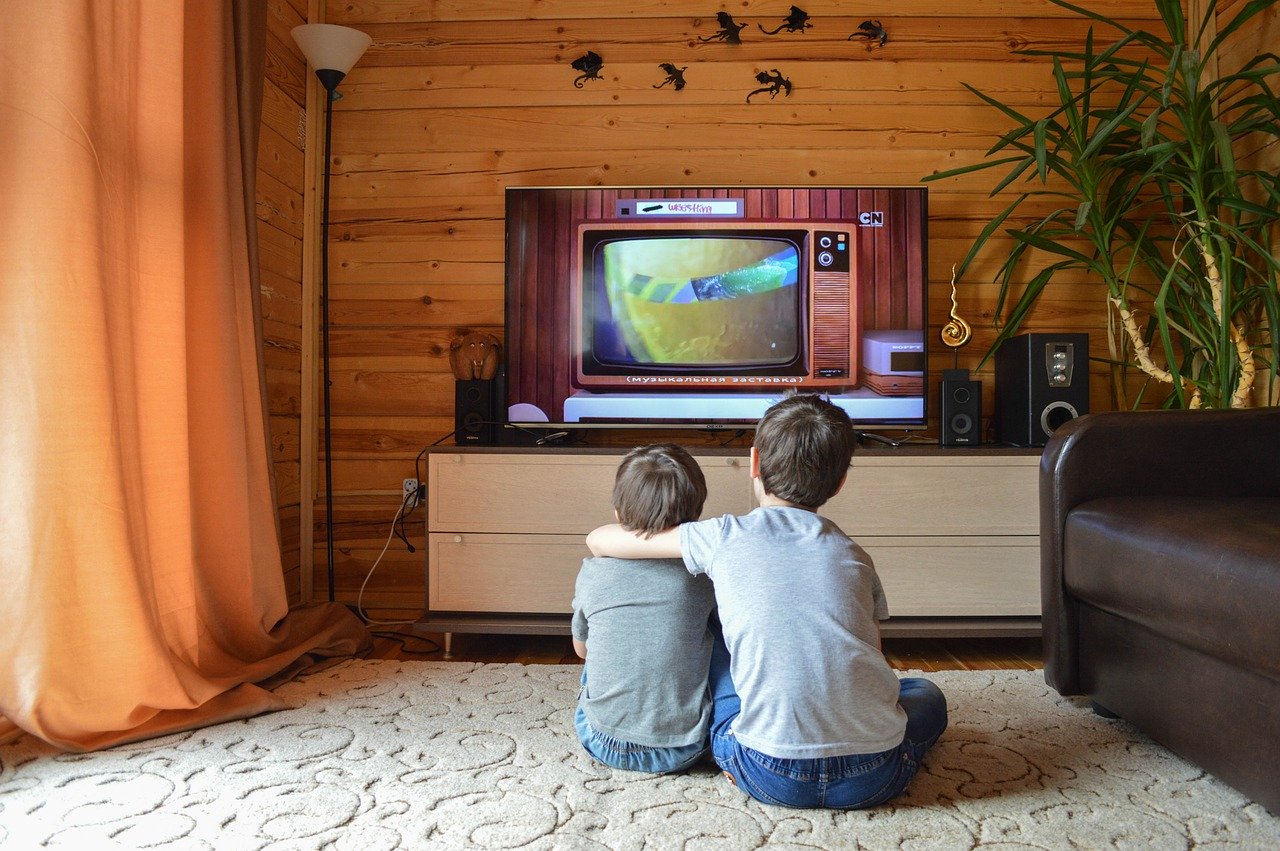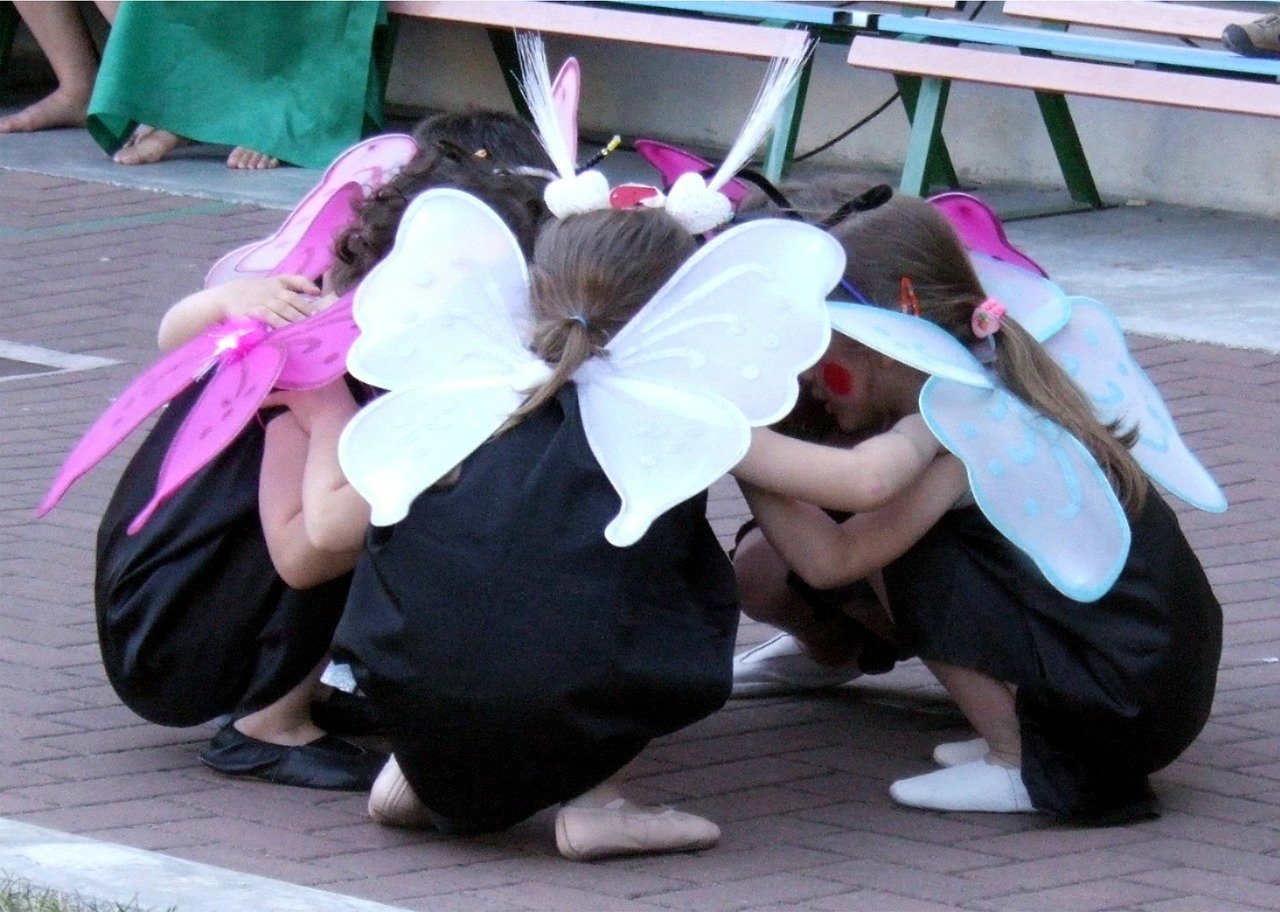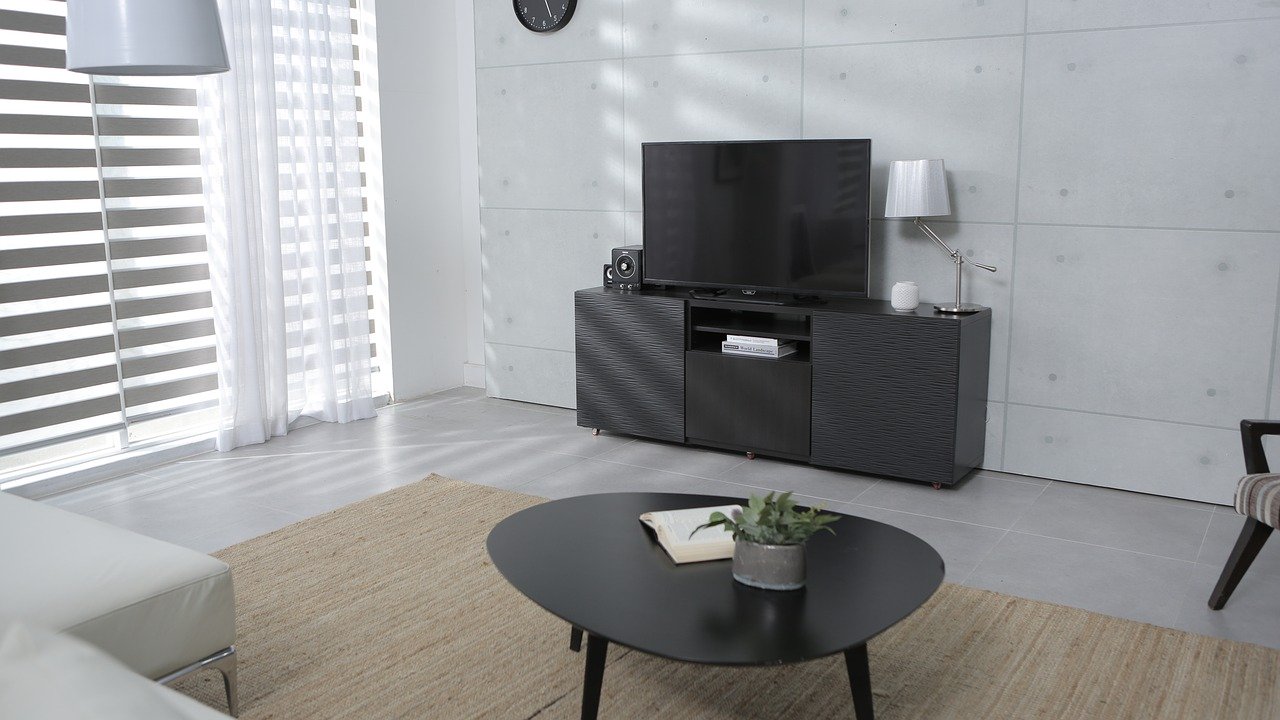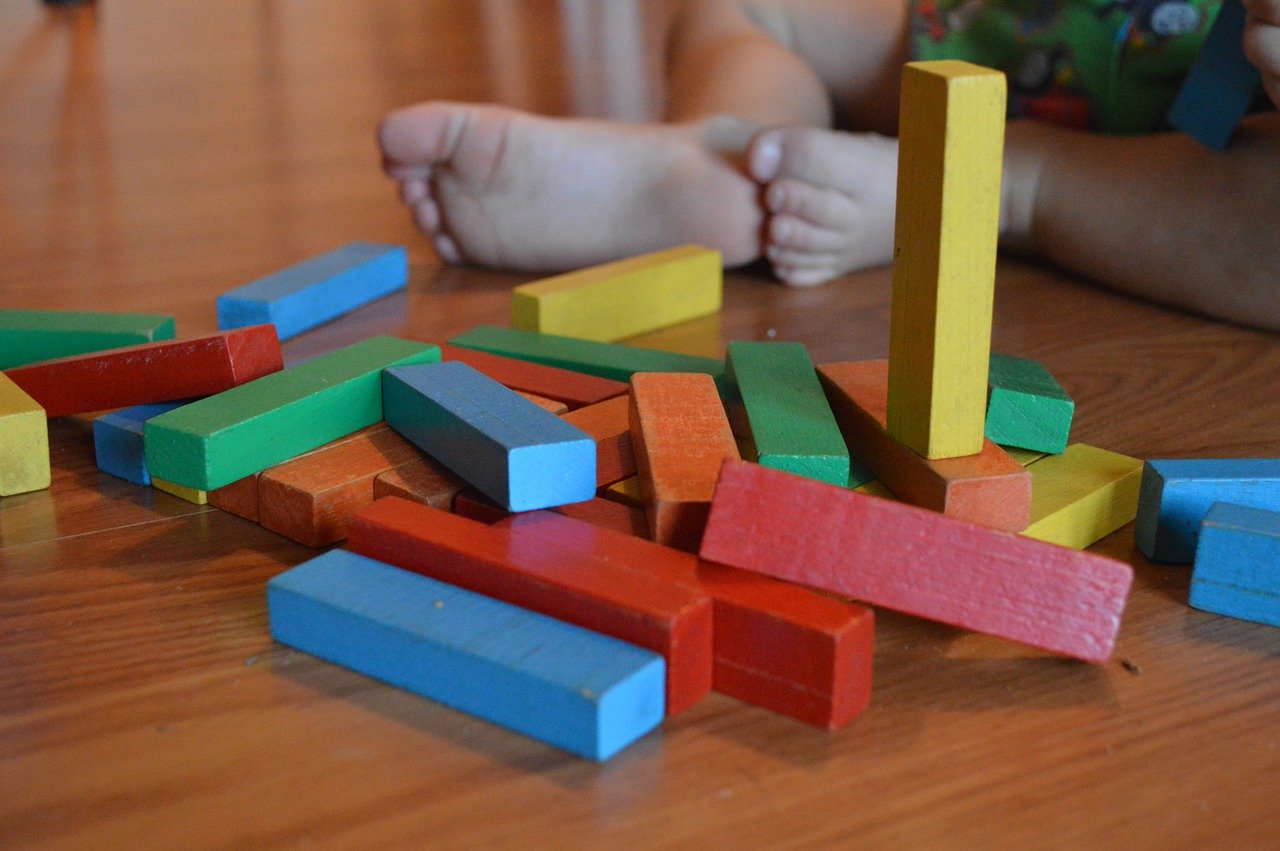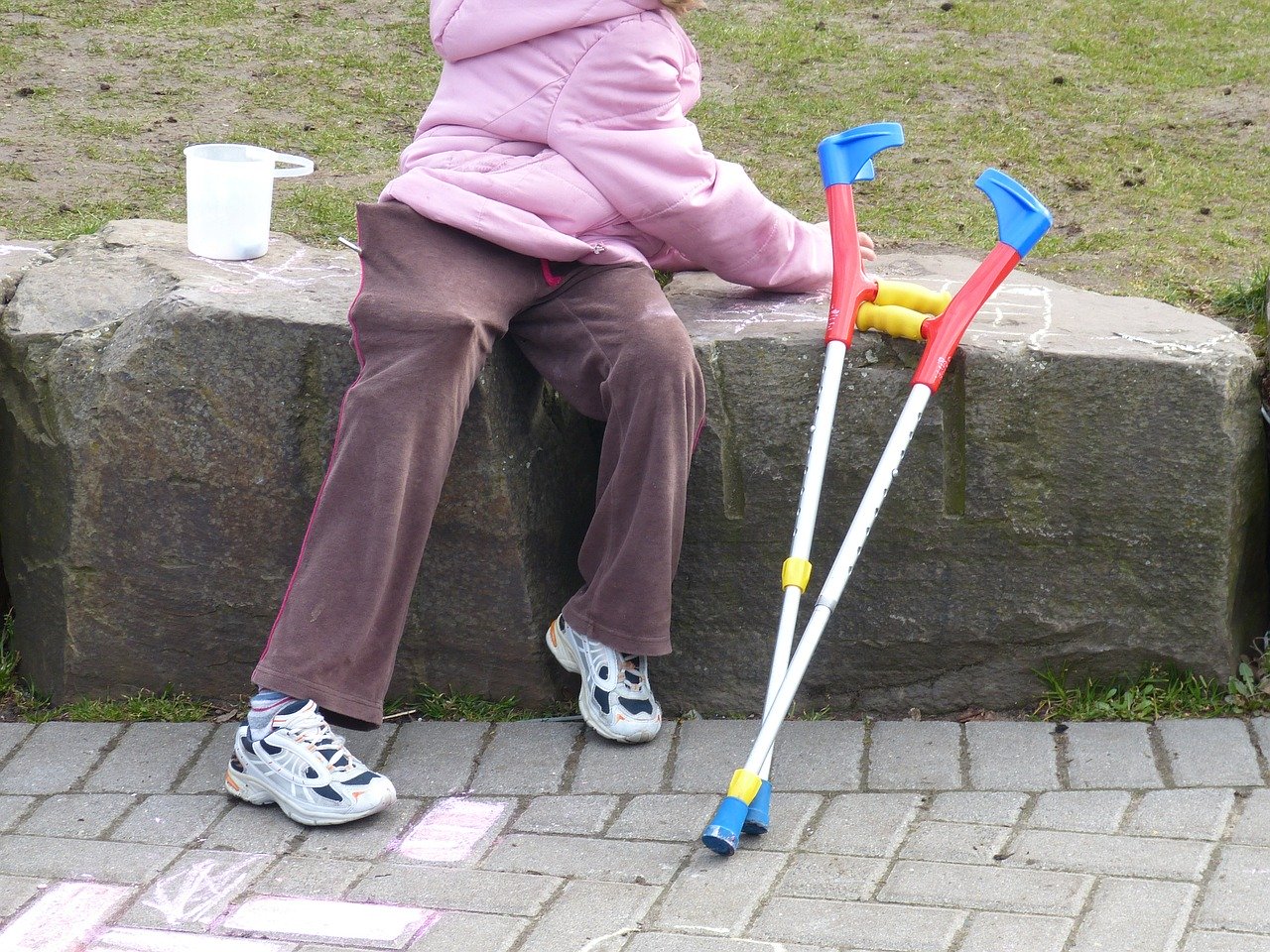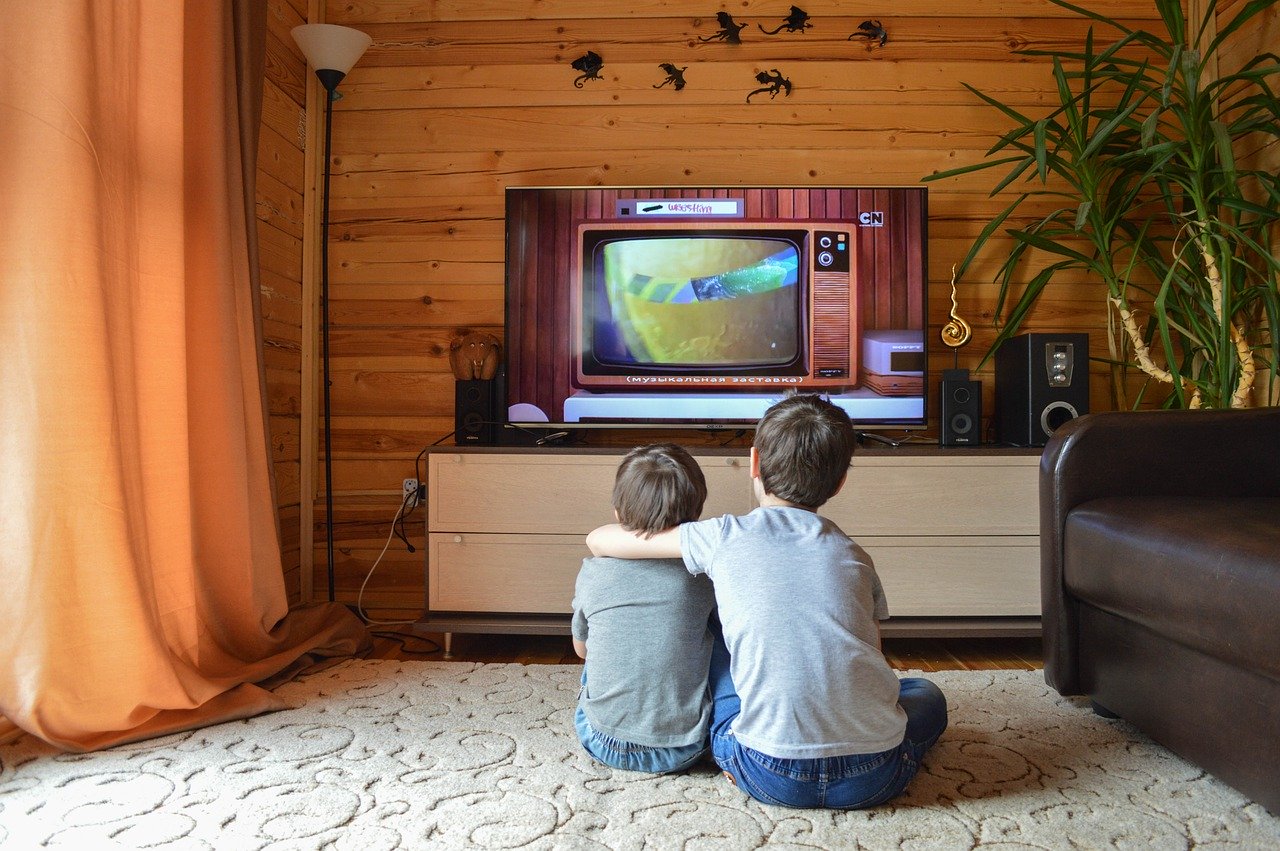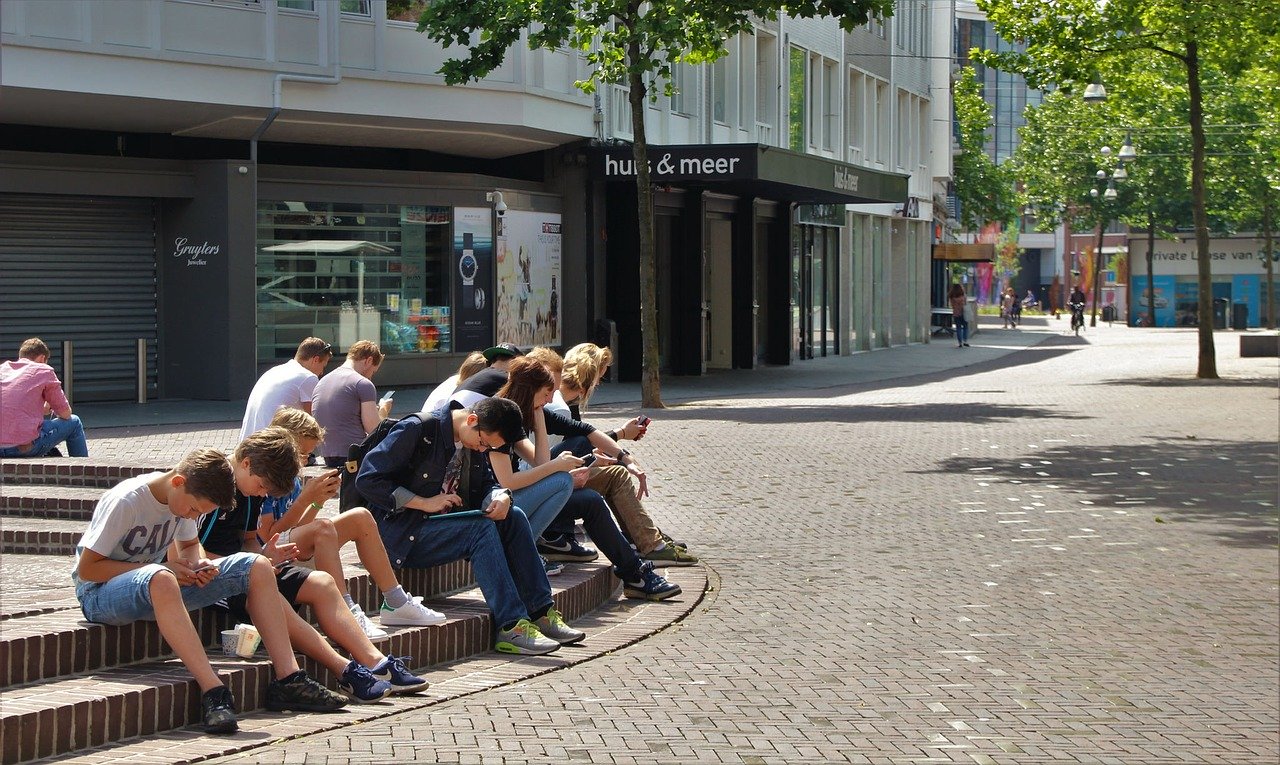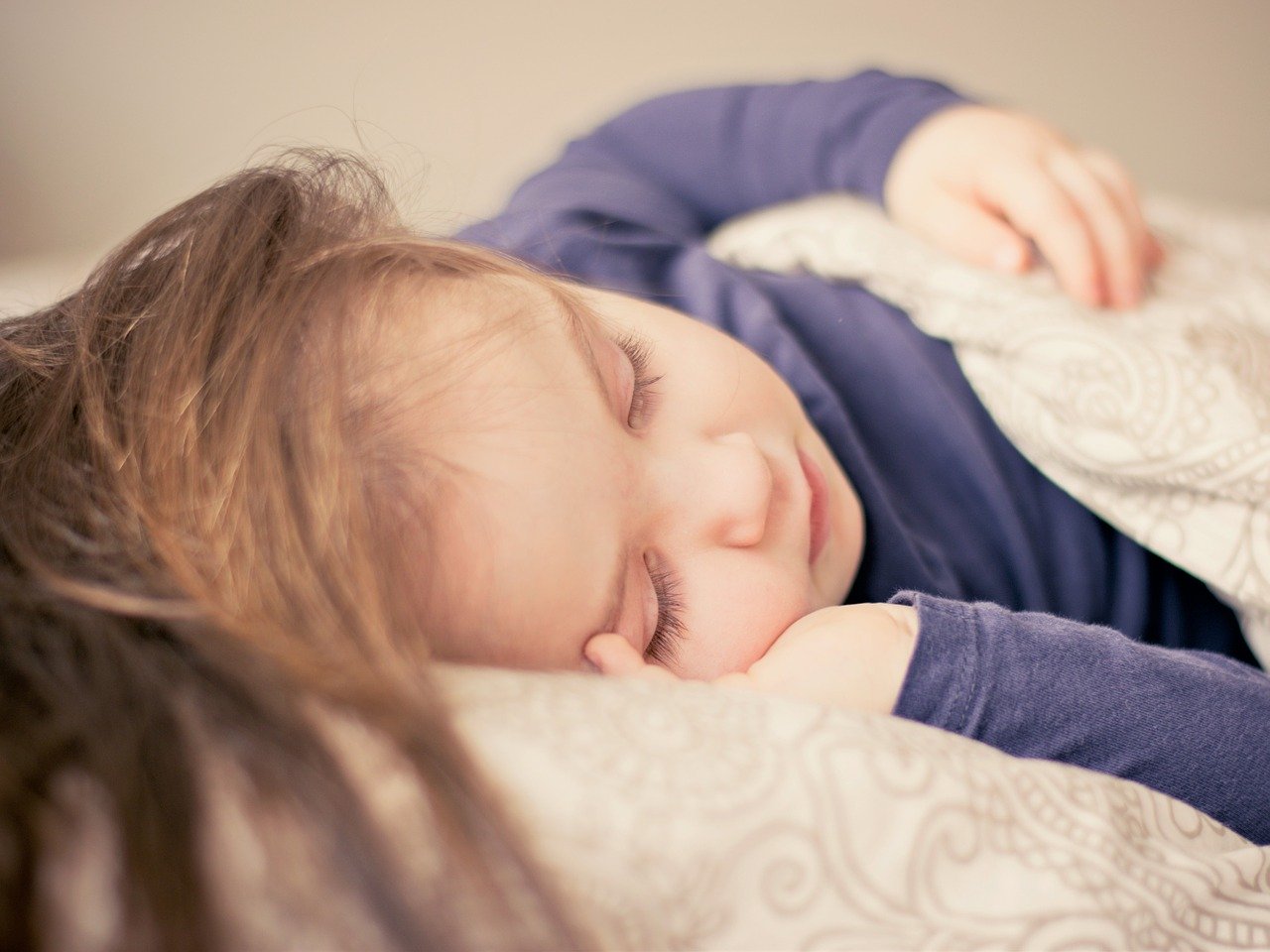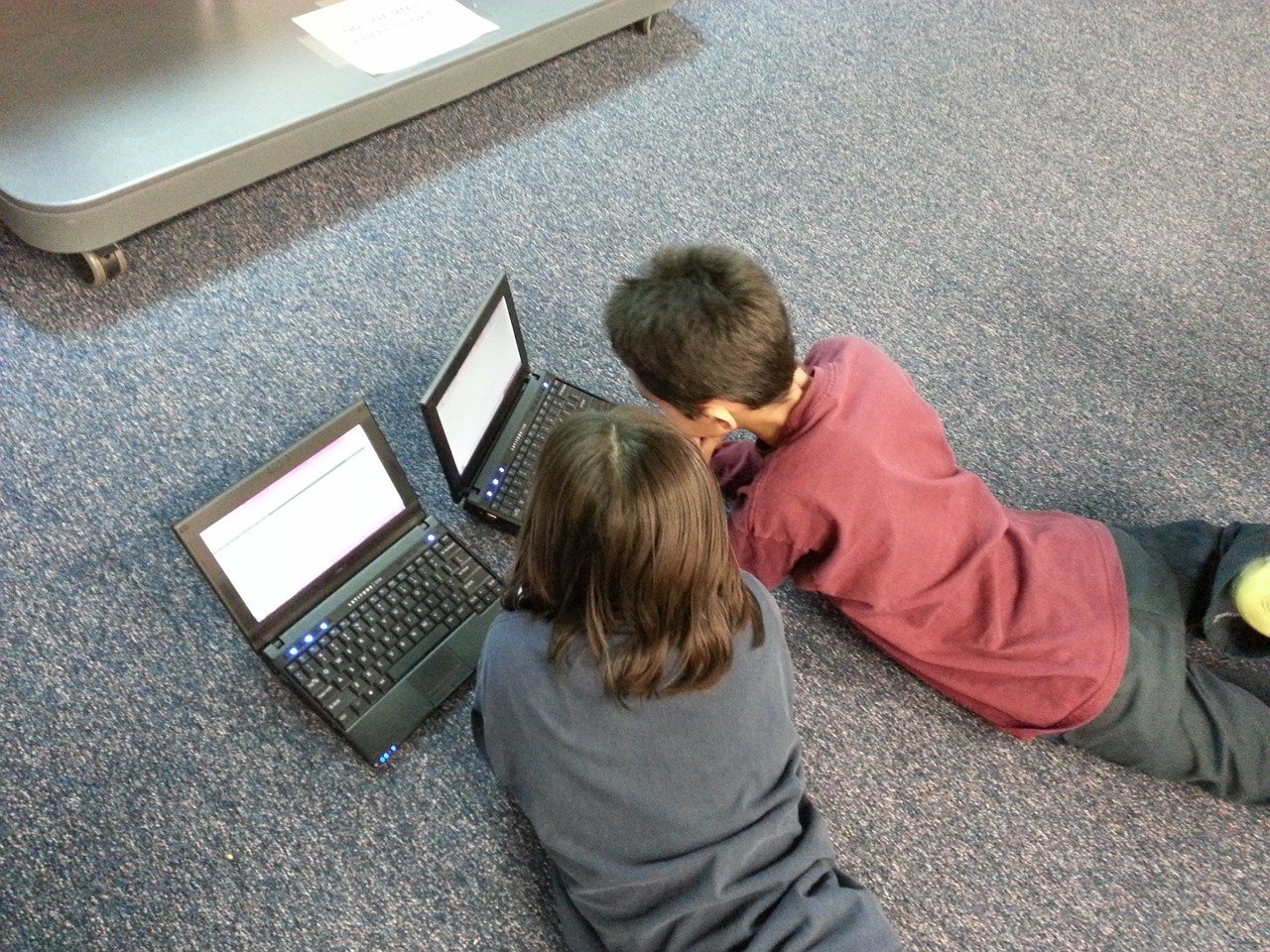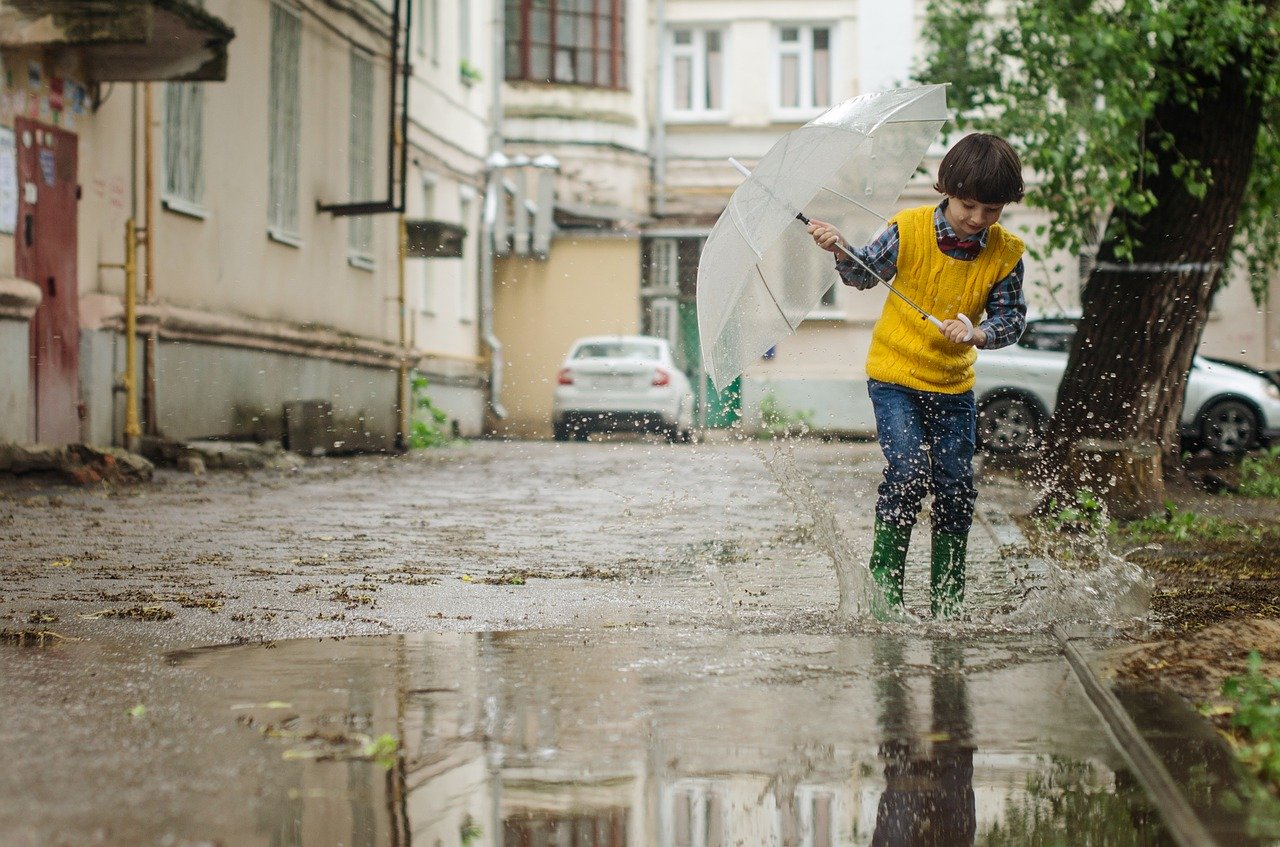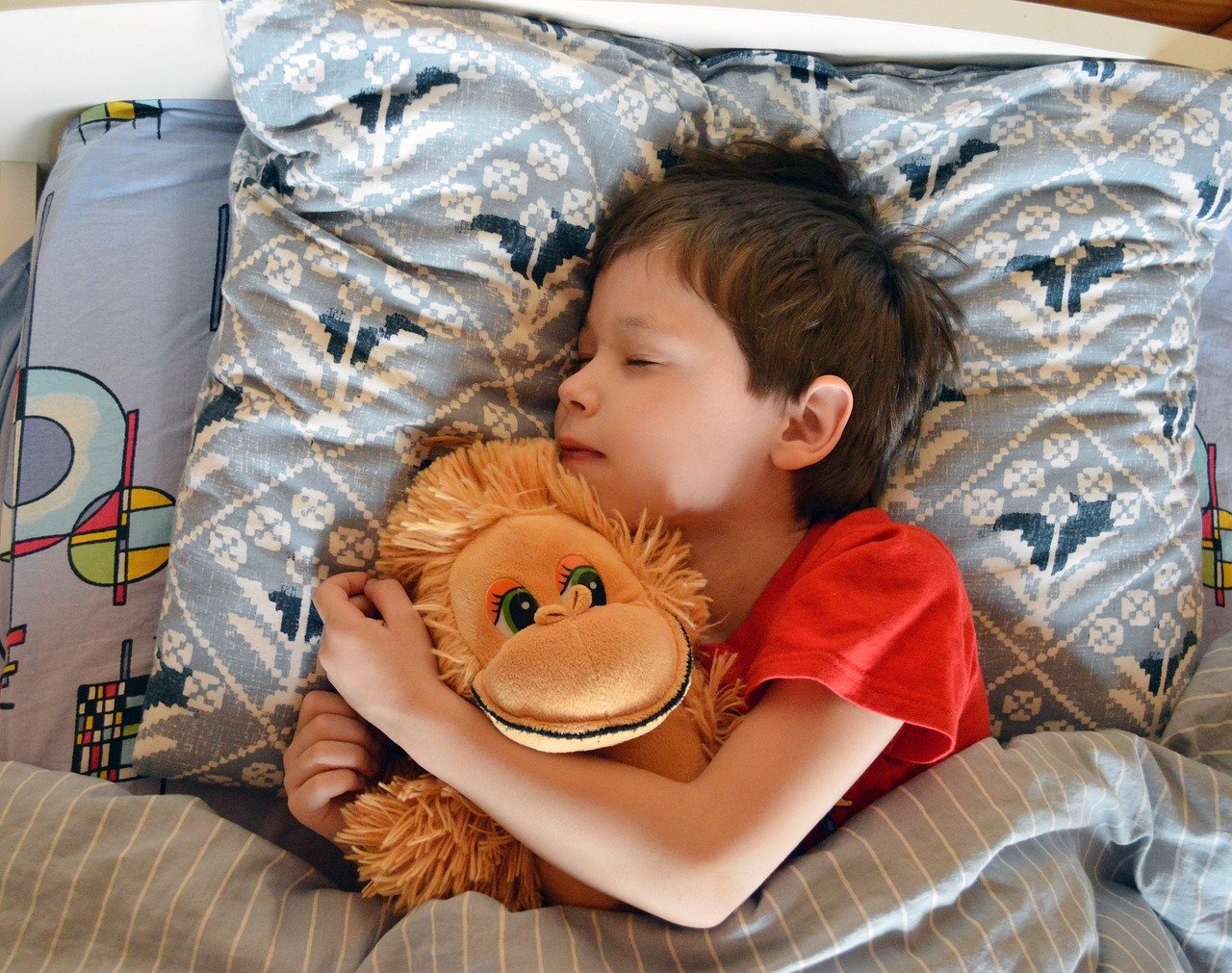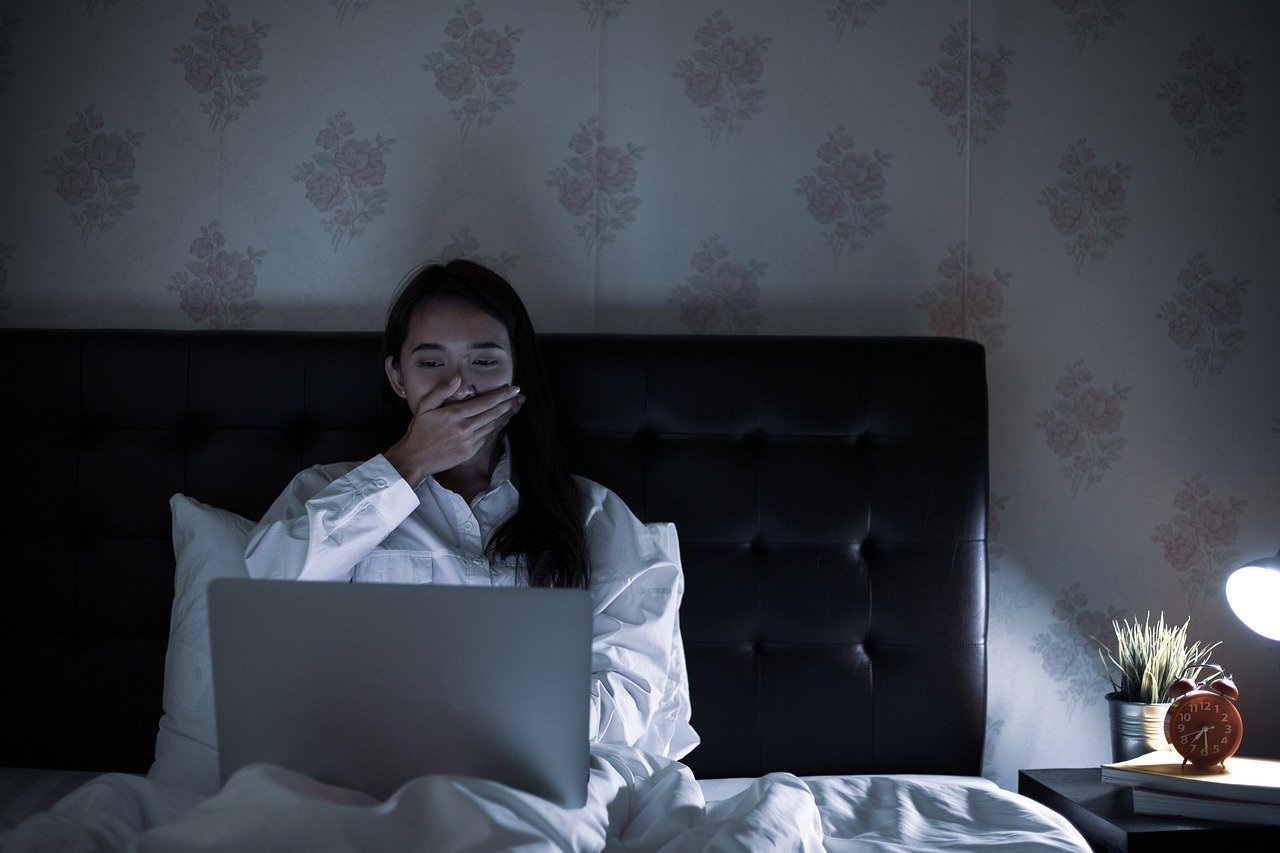In November 2019 researchers from Taiwan published the results of their study to assess the effect of long-term exposure to air pollution on the risk of myopia (near/short sightedness) in … Read more
Anger, self-confidence, irritability, loss of appetite, and a loss of interest in leisure activities appear to be associated with a decline in the quality of life in carers of children with primary congenital glaucoma
In September 2019 researchers from India published the results of their study to assess the quality of life in caregivers of children with primary congenital glaucoma. A total of 70 … Read more
Pilates appears to be an effective, healthy, and feasible way of reducing pain in pregnancy, and may be beneficial for suppressing pain in the third trimester of pregnancy
In May 2018 researchers from Indonesia published the results of their study to assess the effect of Pilates exercises for decreasing pain in pregnant women. A total of 40 pregnant … Read more
Longer screen time usage (television viewing/video game use) during childhood appears to worsen lipid profiles in early adolescence
In March 2020 researchers from Canada published the results of their study to assess whether a non-active lifestyle or sleep predicted lipid profiles in children over a 2-year period. A … Read more
A greater duration of screen time (hours per use) appears to be associated with lower language skills, while better quality screen use (educational programmes) promote stronger language skills in children under the age of 12 years
In March 2020 researchers from Canada and the USA published their review of the medical scientific literature to assess the association between duration of screen time and background television, educational … Read more
Preschoolers undertaking the All 4 Kids dance programme appear to have a greater improvement in movement skills, eg balance, hopping and crossing the midline, than those who develop naturally
In April 2020 researchers from the USA published the results of their study to assess whether a dance instruction (All 4 Kids programme) had a greater impact than natural development … Read more
Environmental factors such as mother’s currently smoking, a lack of someone to consult about child rearing, and long television-watching time appear to increase the risk for some problematic behaviours seen in difficult children
In April 2020 researchers from Japan published the results of their study to identify factors that influence children’s problematic behavior, which could be helpful in supporting parents’ child rearing. Difficult … Read more
Greater screen exposure and less caregiver-child play in the first year of life appears to be associated with autism spectrum disorder-like symptoms in toddlers at 2-years of age but not with risk of autism spectrum disorder
In April 2020 researchers from the USA published the results of their study to assess the association between learning through first-hand experience, including social activities and screen viewing in the … Read more
Adolescents at risk of mental health issues are more likely to have a low fruit and vegetable intake
In February 2019 researchers from the UK and China published the results of their study to assess the association between fruit and vegetable consumption and mental health in adolescents. A … Read more
Exercise training, in the form of Stott Pilates or underwater knee-resistance exercises, appears to decrease pain, improve range of motion, knee strength, functional capability, and quality of life in children and adolescents with juvenile idiopathic arthritis
In January 2019 researchers from the USA published their review of the medical scientific literature to assess the safety and effectiveness of exercise training for children and adolescents with juvenile … Read more
In individuals with hypertension, the greatest reduction in blood pressure levels was seen in those who practiced yoga, followed by Zumba dance and finally aerobics
In February 2020 researchers from India published the results of their study to assess the effectiveness of yoga, Zumba dance, and aerobic exercises in controlling blood pressure levels in Indian … Read more
Increased screen time, particularly computer use, appears to be associated with a small increased risk of anxiety and depression in young adults
In January 2019 researchers from the UK published the results of their study to assess the association between screen use and anxiety and depression in young people. A total of … Read more
Adolescent girls who watch television with high levels of relational aggression, eg soaps, reality television, etc, appear to send texts with a higher level of aggression whereas for boys it is the time they spend watching television in general which appears to predict the level of aggression in texts
In May 2019 researchers from the USA published the results of their study to assess the association between relational aggression on television and relational aggression in text messaging. Relational aggression, … Read more
Reducing computer/video game usage and increasing physical activity may improve depression, anxiety and social phobia symptoms in adolescents
In January 2019 researchers from the USA published the results of their study to assess whether television viewing and computer/video game usage had any effect on major depressive disorder, generalized … Read more
A sleep duration of over 10 hours/night appears to be associated with lower BMI scores in children
In February 2019 researchers from Germany published the results of their study to assess the association between sleep duration and physical activity and overweight/obesity in German primary school children. A … Read more
Face-to-face interaction is required for young children to develop an understanding of emotions, with a greater amount of time spent watching television in girls and on gaming in boys leading to a reduced understanding of emotions
In September 2019 researchers from Norway published the results of their study to assess the association between screen usage and a child’s understanding of emotion. (Emotion understanding is generally defined … Read more
Night time media use may contribute to sleep problems and symptoms of anxiety and depression in adolescents with attention deficit/hyperactivity disorder
In November 2018 researchers from the USA published the results of their study to assess the association between night time media use and sleep problems and internalizing symptoms (ie depression, … Read more
Sleep and dietary patterns, technology and internet usage, perinatal factors, breastfeeding, birth delivery mode and exercise all appear to have an effect on the amount of impulsive behaviour seen in children and adolescents with attention deficit/hyperactivity disorder
In September 2019 researchers from Spain published the results of their study to assess the association between weight, birth attributes, exercise and sleep habits, dietary intake and impulsive behaviour in … Read more
A short sleep duration appears to be associated with an increased risk of an emotional disorder (anxiety and depression) in both boys and girls and with a behavioural disorder (defiance, inappropriate conduct, and attention-deficit/hyperactivity) in boys only
In December 2019 researchers from Norway published the results of their study to assess the association between sleep duration and symptoms of emotional and behavioral disorders in children. A total … Read more
Greater technology use appears to be associated with more sleep-wake problems and less time in bed in all adolescents, but the association between the amount of technology usage and teacher-rated daytime sleepiness only appears to be seen in adolescents with attention deficit/hyperactivity disorder
In June 2019 researchers from the USA published the results of their study to assess the differences in types and amount of technology used by adolescents and its association with … Read more

